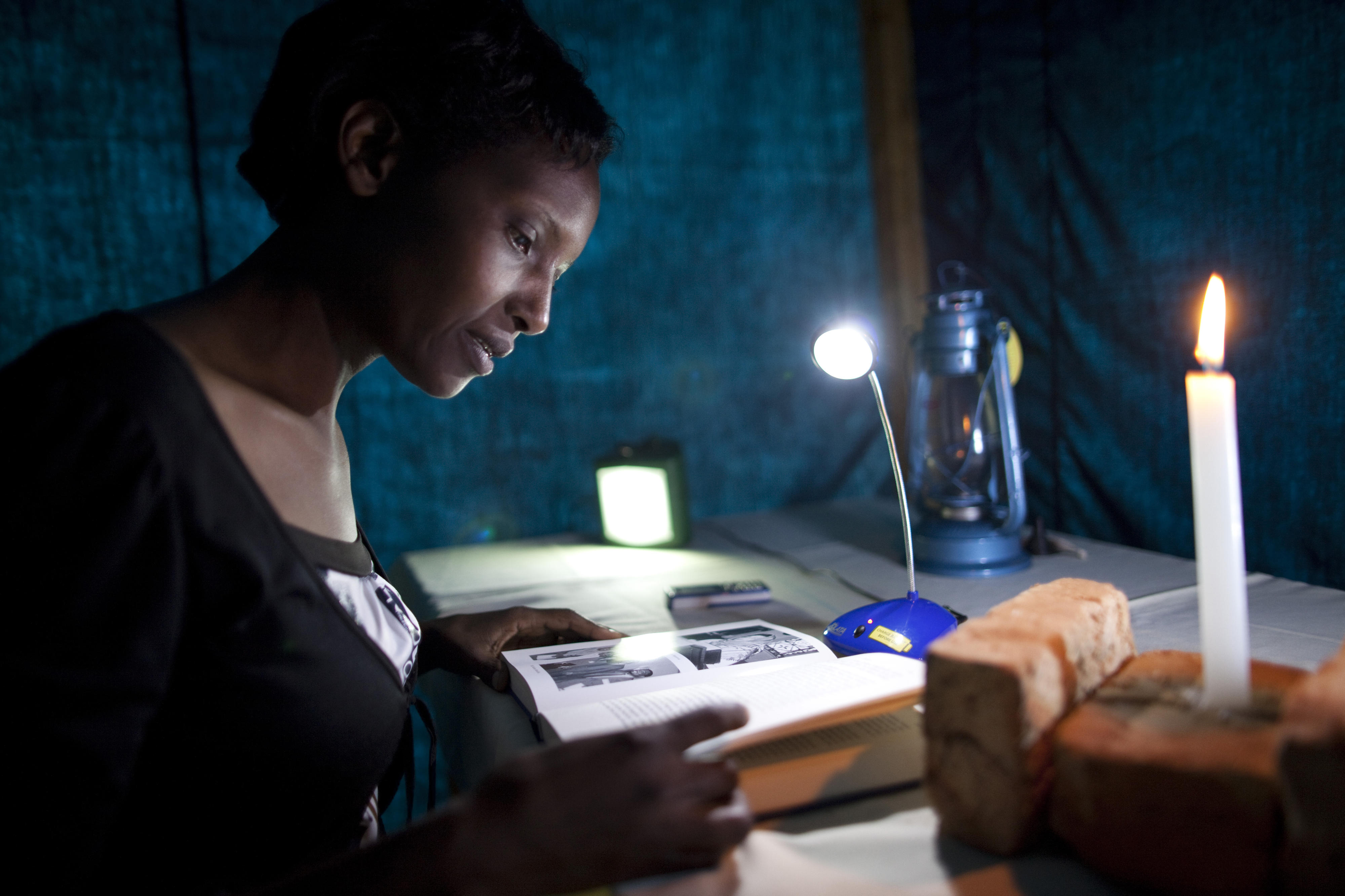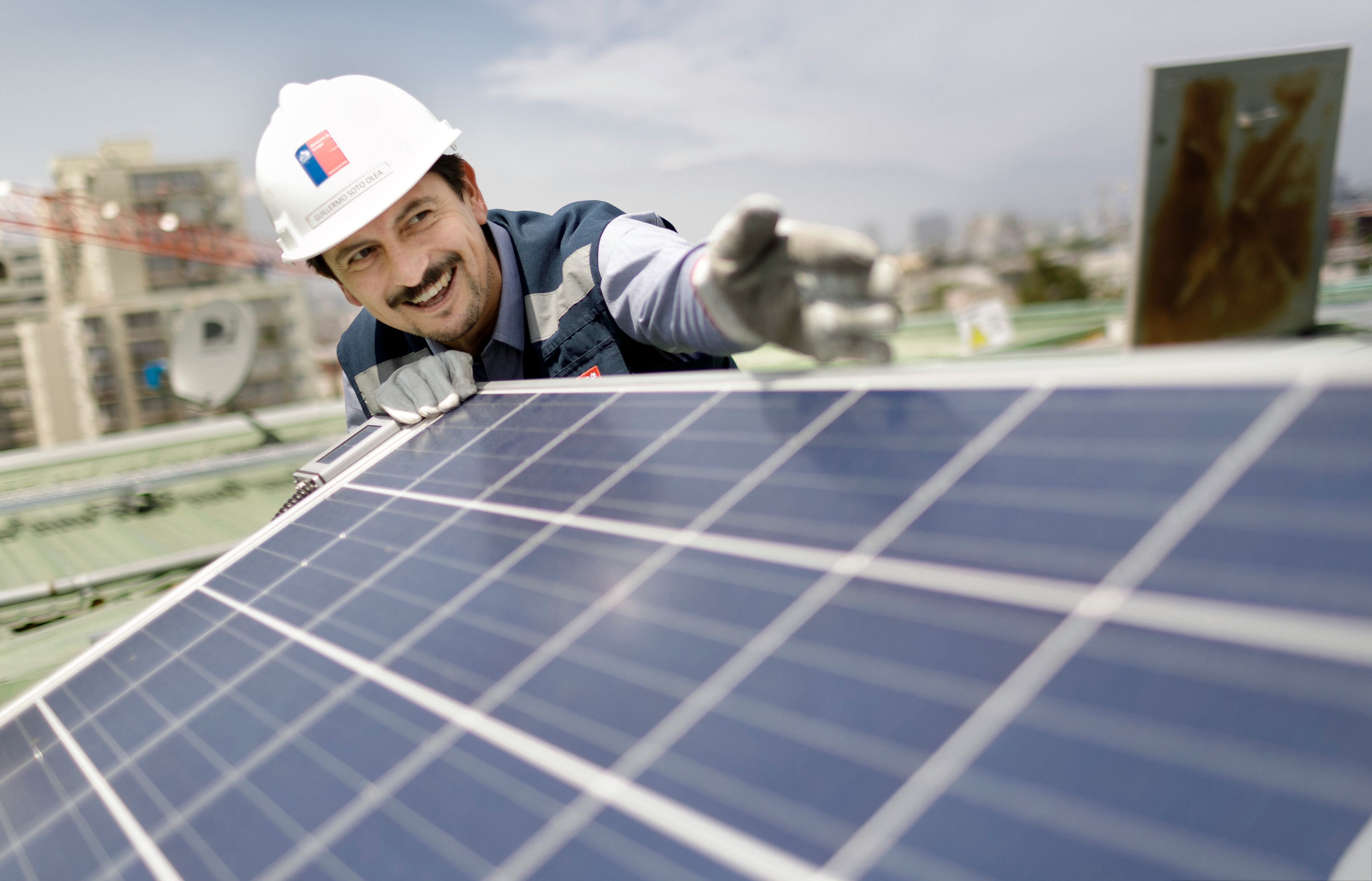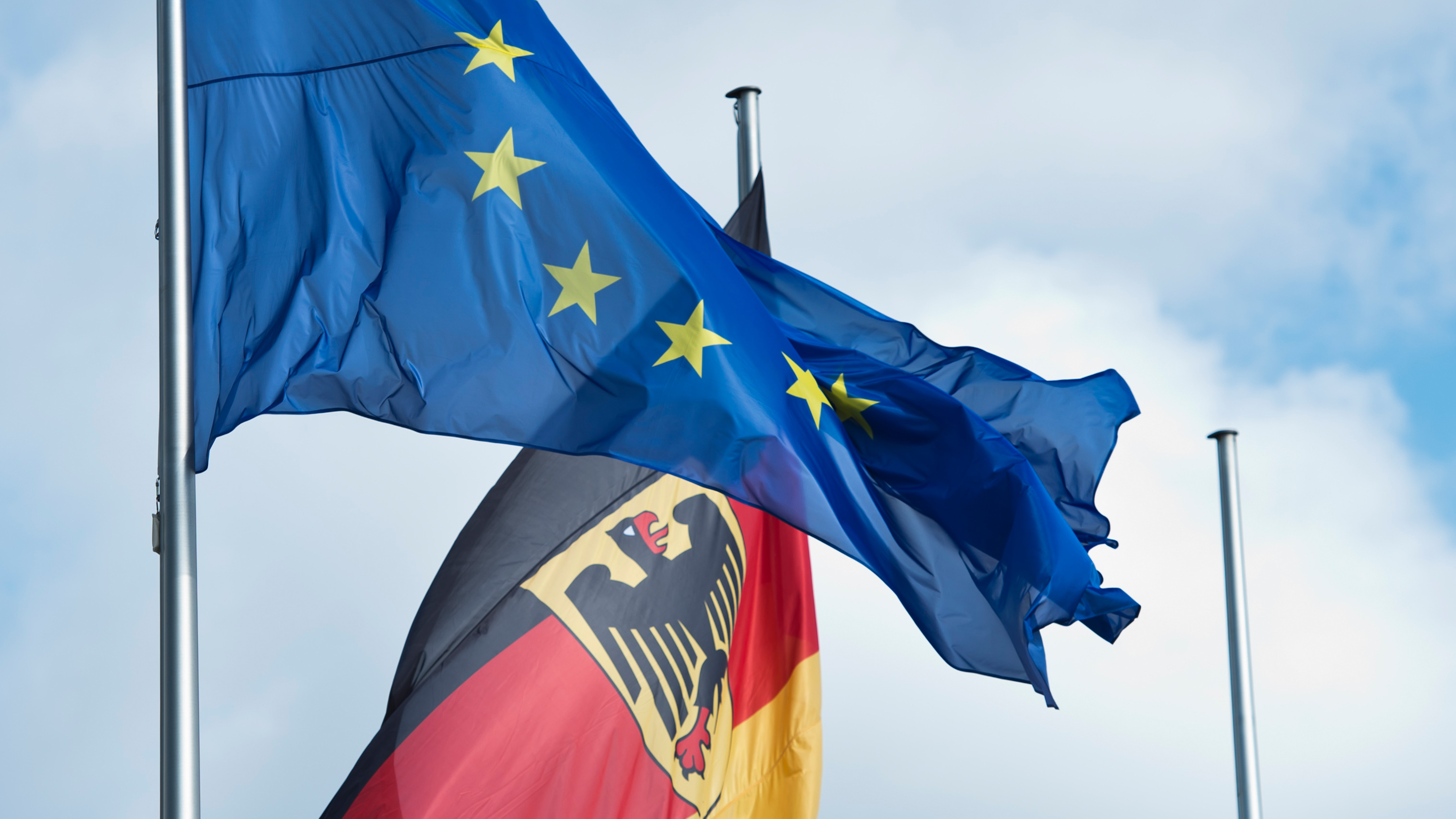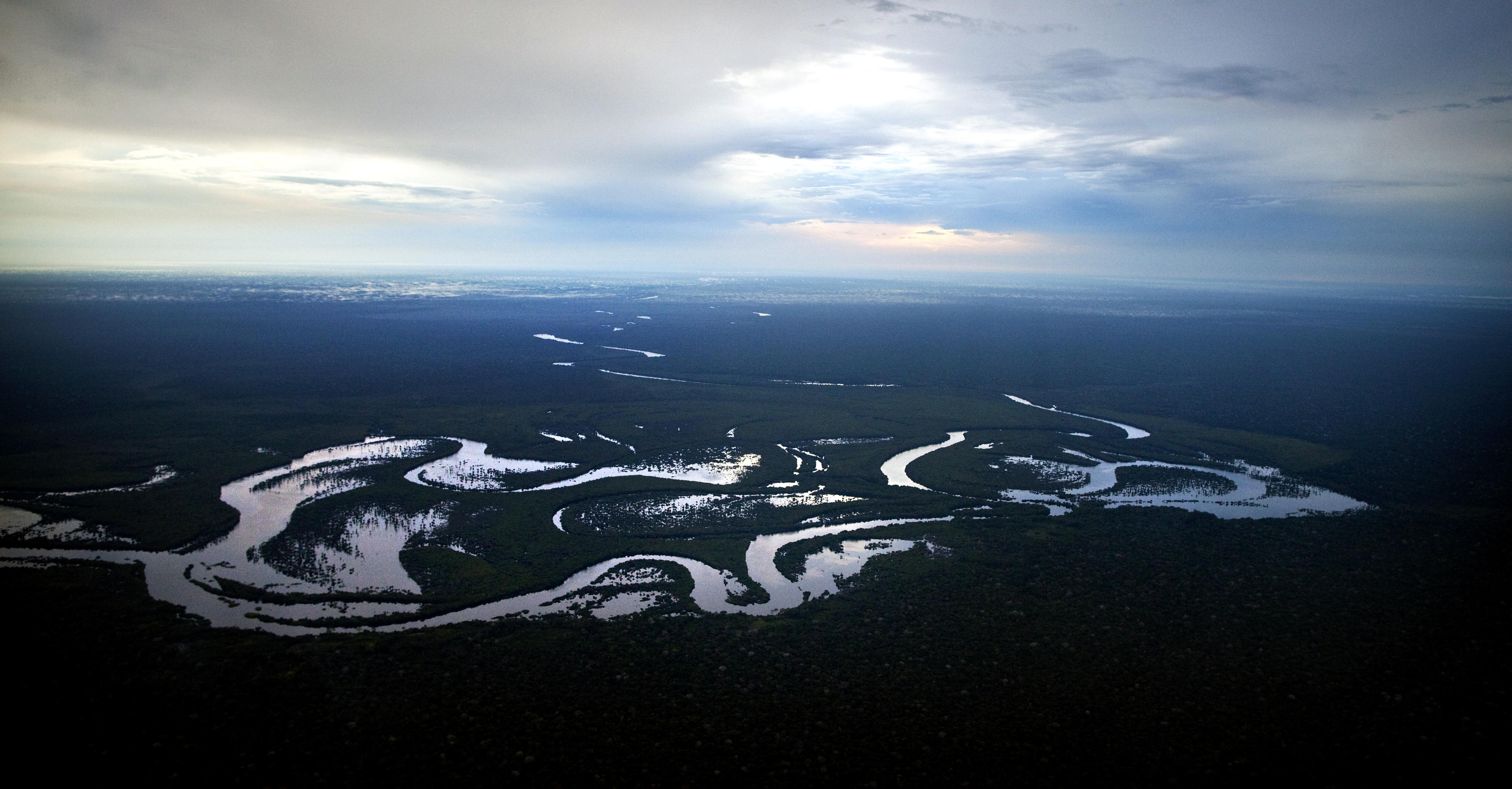Climate change and development Climate and development partnerships
The German Development Ministry (BMZ) works closely with ambitious partner countries – both through bilateral Climate and Development Partnerships and through plurilateral partnerships, for instance Just Energy Transition Partnerships (JETPs), an initiative launched by the G7.
The aim of the partnerships is to work with developing countries and emerging economies on meeting the 1.5˚C target set in the Paris Agreement while making progress on the implementation of the 2030 Agenda and its Sustainable Development Goals (SDGs). The partnerships are aligned with partner countries' national plans and strategies, for instance their Nationally Determined Contributions (NDCs). Partners are both emerging economies with high levels of greenhouse gas emissions and developing countries that are especially engaged in climate action.
Through the Climate and Development Partnerships, Germany is expanding its international climate policy network, building alliances for the future which foster sustainable change.
Achieving the goals of the 2030 Agenda and of the Paris Agreement requires substantial levels of investment. The financial resources committed within the framework of the partnerships will be pooled and significantly increased, for instance by involving the development banks, the private sector and philanthropic organisations.
Another important partnership is the global (External link)NDC Partnership (External link) set up by the German government and international partners. The Partnership's extensive network has over 240 members and provides demand-based support to developing countries and emerging economies as they implement their Nationally Determined Contributions and Long-Term Strategies while simultaneously making progress on the SDGs.
Just Energy Transition Partnerships (JETPs)
The global energy transition is one of the key prerequisites for successfully combating the climate crisis. In order to lend impetus to this transition, the G7 countries have initiated Just Energy Transition Partnerships (JETPs). Under these partnerships, they work with countries whose energy policies are critically important for global climate action – with the goal of replacing fossil fuels and simultaneously strengthening social justice.
There are JETPs with South Africa (2021), Indonesia and Viet Nam (2022), and Senegal (2023). The JETPs are complemented by measures under the G7 Partnership for Global Infrastructure and Investment (PGII).
Just Energy Transition Partnership Example: Indonesia
Indonesia, an important partner country of Germany and an archipelago, is especially affected by the consequences of climate change. At the same time, Indonesia has a high rate of economic growth and is one of the world's largest greenhouse gas emitters. This means that an energy transition in Indonesia is especially important for reaching the 1.5 degree target of the Paris Agreement. The JETP launched in November 2022 paves the way for Indonesia to accomplish an ambitious energy transition, moving away from fossil fuels, especially coal, towards renewable energies.
The group of international partners is co-chaired by Germany and Japan. It also includes Canada, Denmark, the European Union, France, Italy, Norway and the United Kingdom. Together, they work with Indonesia to accelerate the country's exit from coal and expand renewable energy generation.
As a co-chair, Germany has assumed special responsibility for implementing Indonesia's JETP. Cooperation with the private sector plays an important role in this endeavour. One joint public and private financing endeavour is the Saguling floating solar power plant in Java, the island that is home to more than half of Indonesia's population. The power plant will increase solar-based power generation in Indonesia by 13 per cent, save emissions and thus make an important contribution to Indonesia's energy transition.
Bilateral Climate and Development Partnerships
Within the framework of the Climate and Development Partnerships agreed at intergovernmental level, the BMZ assists developing countries and emerging economies in stepping up their efforts to achieve the Paris climate targets. Such partnerships currently exist with Pakistan, Rwanda, India, Peru, Kenya, Colombia, Côte d'Ivoire, Brazil, Mozambique, Morocco and Bangladesh, and a regional partnership has been launched in the Western Balkans.
In addition to cutting greenhouse gas emissions, adaptation to the impacts of climate change is a key topic in the Climate and Development Partnerships. Cooperation focuses on country-specific areas of key importance; examples include energy, natural carbon sinks such as forests and peatlands, sustainable agriculture, and urban development.
The starting point is the recognition that a green and just transition is a task for the whole of society and that it can only succeed if all political, economic and social sectors and groups are appropriately involved. The Climate and Development Partnerships therefore extend beyond intergovernmental cooperation alone and include civil society, the business community and academia.
Bilateral climate and development partnership Example: Brazil
Since 2023, Brazil and Germany have deepened their cooperation in the field of climate action through a bilateral Partnership for a Socially Just and Ecological Transformation.
The partnership assists Brazil in implementing its climate goals. It supports the protection and sustainable use of natural resources and ecosystems, the expansion of renewable energy generation, and sustainable economic and urban development.
Simultaneously, measures are under way for adaptation to climate change, so as to build community resilience. For example, there are projects in Brazilian cities to develop solutions to challenges such as flooding and pollution. There are also joint efforts with local communities to address the fact that women and marginalised groups have inadequate access to basic services and social programmes. This benefits local people directly.
As at: 01/10/2025




